
‘Afraid of the water’? Life in a city that dumps billions of litres of raw sewage into lakes and rivers
10 billion litres of sewage are dumped into Winnipeg’s lakes and rivers each year. Some...
Ever since the Doug Ford government proposed its massive, sweeping housing bill, Indigenous chiefs and organizations across Ontario have been urgently reminding the Progressive Conservatives of their legal duty to consult them before making any decisions about land use.
Despite these reminders, consultation didn’t happen, and Ford’s caucus passed the More Homes Built Faster Act, or Bill 23, on Nov. 28 — a move being blasted as a blatant violation of Indigenous Rights. The government is “respectfully advised that development cannot proceed without full recognition of the rights of our Nations,” Nishnawbe Aski Nation Grand Chief Derek said in a statement released hours after the bill’s passage.
He wasn’t the only Indigenous leader to express his opposition. In the days before the bill became law, the Chiefs of Ontario, a group representing First Nations across the province, put out a statement calling it “unacceptable and an abuse of power” for the Ford government to make unilateral changes to how development projects in Ontario are approved without engaging First Nations.
The Haudenosaunee Development Institute, on behalf of the Haudenosaunee Confederacy Chiefs Council, also wrote to Ontario’s assistant deputy minister of housing before the bill passed. In stating its opposition, the institute said the legislation “will significantly impair, infringe and interfere with the established and constitutionally protected rights and interest of the Haudenosaunee.”
“At this point we have nothing from your government or the Crown which would indicate that it has undertaken any contemplation or consideration of established Haudenosaunee rights and interests with respect to [Bill 23],” said the letter from Aaron Detlor, a lawyer for the development institute, which protects Haudenosaunee jurisdiction in regards to development on its territories.
“We would respectfully suggest that the failure to engage in a good faith treaty-based discussion related to accommodations would likely render the proposals unlawful.”
Letter to Municipal Affairs and Housing Minister Steve Clark from the Haudenosaunee Development Institute, on behalf of the Haudenosaunee Confederacy Chiefs Council
The day after the bill was passed, Municipal Affairs and Housing Minister Steve Clark admitted the government did not consult with First Nations beforehand, in response to questions from the political newsletter Queen’s Park Today in a media briefing. “We’re looking forward to conversations with our Indigenous partners,” Clark said. He seemed to punt at least some of the responsibility to municipalities, saying they “also have a role to deal with our Indigenous Partners.”
“We acknowledge … we have an obligation to continue the consultation with our partners,” he said. “We will continue the conversation.”
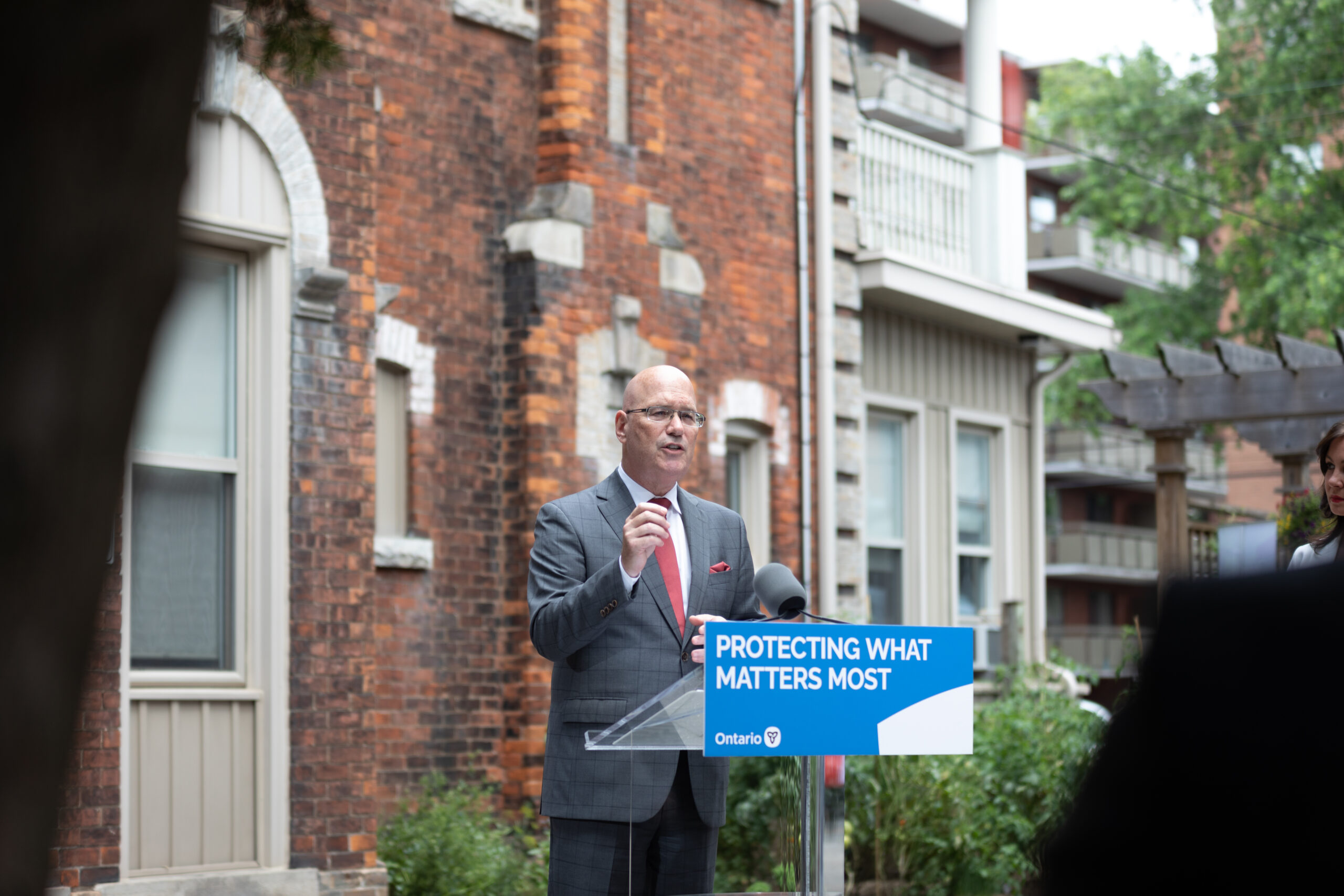
The obligation to consult Indigenous communities on decisions affecting their territories is enshrined in Canada’s constitution. And internal documents have shown the Ford government knew Indigenous communities’ response to its bill would likely be negative well before it passed. In early November, The Narwhal received and reported on a leaked 117-page cabinet document that showed an extensive list of concerns shared with Ontario’s 30 ministers ahead of the tabling of the bill.
Almost every section of the document anticipates and outlines Indigenous communities’ response to the many changes listed in the bill — and almost every anticipated response is “negative” or “critical.”
Take one government proposal detailed in the leaked document to launch a “high-level consultation” on the whole bill: the document said “Indigenous communities may be negative due to possible implications on treaty and Aboriginal rights (wetlands and natural heritage).”
“Indigenous communities: will be critical of reduced protections and provincial oversight”
One of the conclusions in a 117-page leaked document about Bill 23 written for Ford’s cabinet and shared with The Narwhal
Bill 23 makes multiple changes to the municipal planning process, giving towns and cities greater responsibility for reviewing and approving development plans while reducing financial and administrative support. The leaked document noted this would mean “Indigenous partners with treaty rights in affected areas will react negatively to changing relationships,” as well as to monitoring and consulting on an increased volume of development applications without an increase in resources.
The government has also removed some of the powers municipalities had to regulate sustainable development — the document noted this would probably create concerns among Indigeneous communities “that their cultural heritage may not be well captured.” The gutting of conservation authorities and weakening of wetland protections was also highlighted as a key concern for Indigenous communities, due to the “reduced scope of protections for wetlands and watercourses.”
The Ford government has said Bill 23’s sweeping changes are necessary to speed up housing construction in Ontario. “Indigenous communities: will be critical of reduced protections and provincial oversight,” the document noted.
Chief Kelly LaRocca of Mississaugas of Scugog Island First Nation told The Narwhal she’s not surprised by the details of the internal document or Clark’s comments.
“This government’s violation of Indigenous Rights is nothing new,” said LaRocca, who sent a letter on behalf of her own First Nation on Nov. 17.
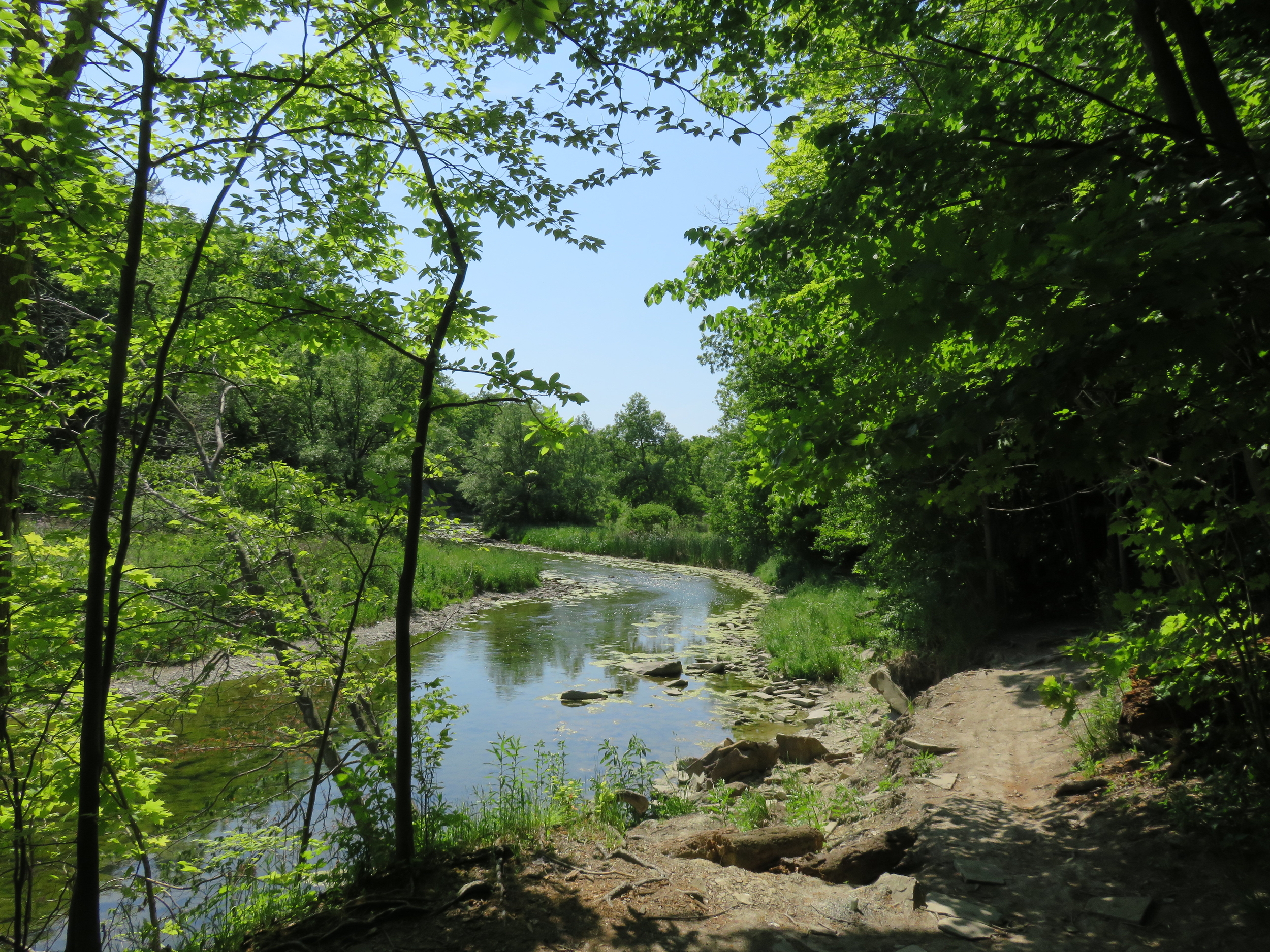
This is not the first time the Ford government has either avoided consulting with Indigenous groups about development or shifted the responsibility onto local governments. Prior to Bill 23, a number of First Nations in Ontario had opposed the Ford government’s unprecedented use of minister’s zoning orders, or MZOs, a controversial provincial planning tool that allows the municipal affairs and housing minister to rezone land to fast-track development and overrule municipal decisions.
In 2021, LaRocca’s community was one of a number of groups raising concerns about a minister’s zoning order issued in an attempt to speedily build an Amazon warehouse in the protected Duffins Creek watershed, near her nation. Although the order was revoked and the project cancelled, most of the wetland was recently cleared and tilled anyway.
That same year, as reported by the Toronto Star, a group of First Nations launched legal action against the province for issuing a minister’s zoning order for a warehouse in Cambridge, Ont. One of the opposing communities was Six Nations of the Grand River, a Haudenosaunee community: after the legal action was launched, Clark’s office rebuked Cambridge’s mayor for not consulting them before asking for the order.
In addition to the constitution, the government’s duty to consult Indigenous Peoples about land use is enshrined in the United Nations Declaration on the Rights of Indigenous Peoples: while Canada recognized the declaration in 2021, the Ford government has still not officially recognized it in the legislature.
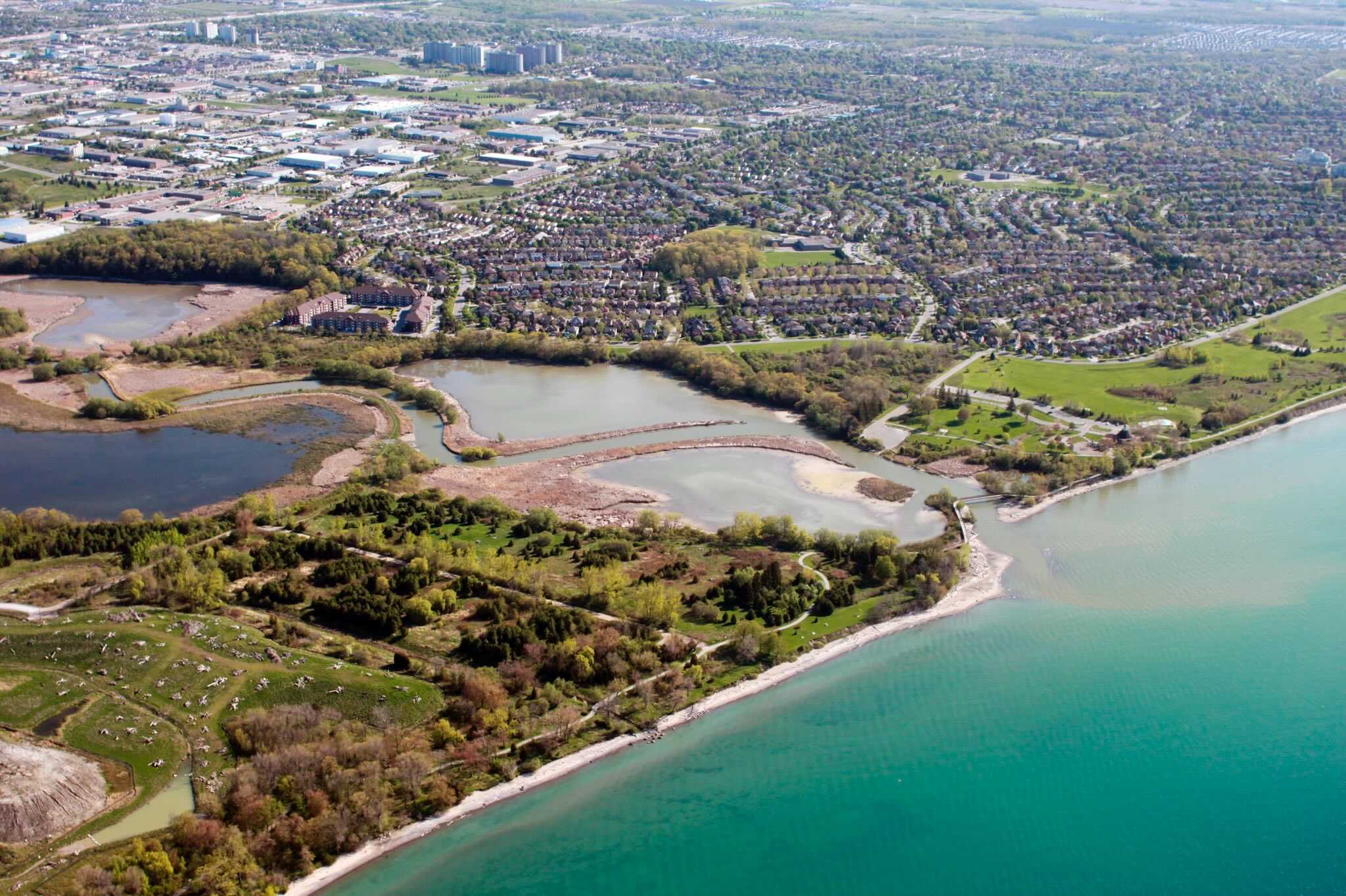
The federal government has already warned the Ford government about upholding the duty to consult: documents obtained by The Narwhal show that after conversations with Six Nations and Mississaugas of the Credit First Nation, the Trudeau government told the Ford government in 2021 that insufficient consultation on Highway 413 could result in an intervention and delay the project for years.
The federal government was also brought into a development dispute between Six Nations, Ontario and the municipality of Caledonia in 2020, when members of the Haudenosaunee communities resisted a housing development at a land defence dubbed 1492 Land Back Lane.
In August of that year, both Prime Minister Justin Trudeau and Premier Ford addressed the standoff: according to APTN, Trudeau said “all orders of government have the responsibilities toward [reconciliation],”, while Ford called himself “a strong believer in collaboration, in sitting down, communicating.”
Later that year, Ontario’s Indigenous Affairs ministry told the Toronto Star it was willing to participate in “federally led” discussions about the standoff, which lasted about a year and involved a court injunction aimed at dismantling the land defence camp, as well as police raids and arrests. The housing project was eventually cancelled.
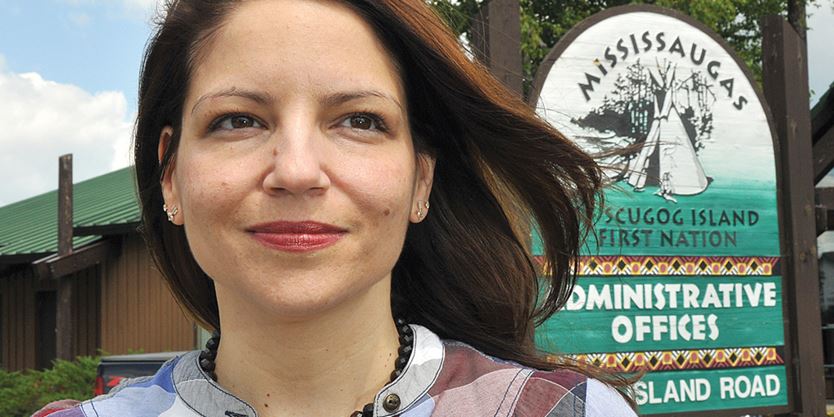
Despite prior friction over Indigenous consultation and its advance warning about the failures of Bill 23, the Ford government has gone ahead with its legislation.
LaRocca said she was not invited to any formal consultation, despite her vocal opposition to the bill and repeated request for discussions. “As we now know from Minister Clark directly, the government did not intend to consult with Indigenous communities.”
“Bill 23 impacts Indigenous lands, treaty commitments and rights on multiple levels,” LaRocca said, adding First Nations have a right to manage their territories, natural resources and environment. “The government’s decision to pass Bill 23, knowing that consultation had not taken place, suggests a wanton disregard for our constitutionally protected rights.”
“Reconciliation is about trust,” she added. “Seeing the government so blatantly ignoring the duty to consult smacks of disrespect for Indigenous Rights and the basic democratic processes intended to serve every citizen.”
In its letter, the Chiefs of Ontario anticipated Clark’s statement that Indigenous consultation could be done by municipalities, writing, “The Government of Ontario can no longer avoid its duty to consult with First Nations by delegating responsibilities and obligations to municipalities, developers and project proponents.”
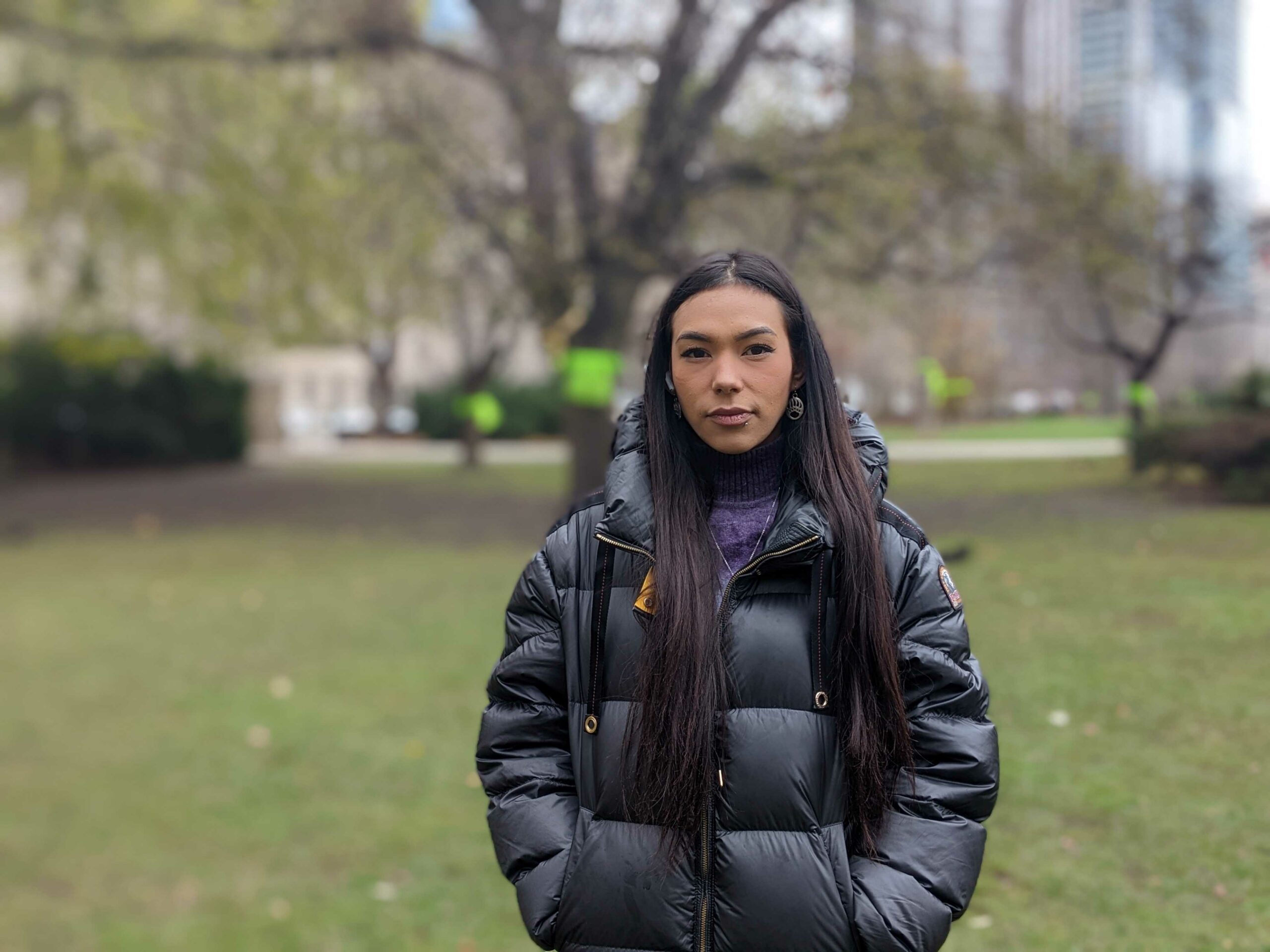
In its letter on behalf of the Haudenosaunee Confederacy Chiefs Council, the Haudenosaunee Development Institute bluntly reminded Ontario’s assistant deputy minister of housing of how the government was forced to revoke its zoning order for the Amazon warehouse in Pickering, as well as of its duty to respect Indigenous jurisdiction.
“We’re on land that was never owned in the beginning, so it’s unfair of them to say they’re ripping up things, that they’re going to dig the land up and make money of it,” Kahentiio Maracle, team coordinator at the institute and a member of the Bear Clan from Tyendinaga Mohawk territory, told The Narwhal.
As well as Indigenous Rights, the institute’s letter spoke to the overlapping environmental impact of the bill’s sweeping changes. “The impairment and infringement that could arise from your proposed plans are particularly significant if and when the cumulative impacts are considered and contemplated,” the letter said. Detlor, the lawyer who wrote the letter, told The Narwhal the institute is giving the government one more week to respond before they “examine their options.”
“Every single parcel of land impacted by Bill 23 in Indigenous land,” he said. “The government is prioritizing development over sacred and solemn promises.”
LaRocca said the impacts of Bill 23 will be far reaching for First Nations across Ontario. She has growing concerns about the loss of major natural spaces like Lake Scugog, the Oak Ridges Moraine and the Carruthers Creek watershed, all of which act as natural safeguards against flooding and which are already under threat. Bill 23 removes or weakens many of the remaining regulations that protect those areas.
“Paving over this land will speed up this decline, and expose us more to the adverse consequences of climate change,” LaRocca said. “Planning decisions must balance the need for growth with responsible, evidence-based environmental protections and mitigation strategies — a position of which we have ensured the government is made aware.”
Get the inside scoop on The Narwhal’s environment and climate reporting by signing up for our free newsletter. On a warm September evening nearly 15...
Continue reading
10 billion litres of sewage are dumped into Winnipeg’s lakes and rivers each year. Some...

Court sides with Xatśūll First Nation, temporarily halting Mount Polley mine waste expansion

Break out the champagne: Emma’s storied life and leadership in journalism has earned her the...
